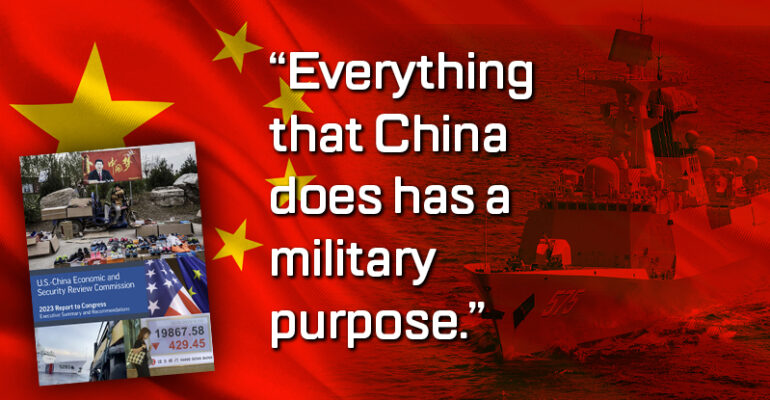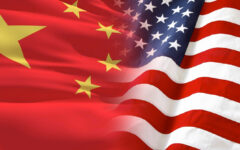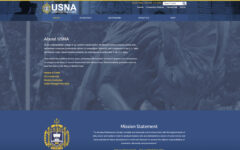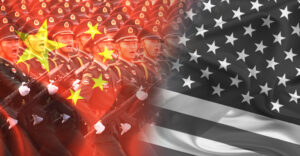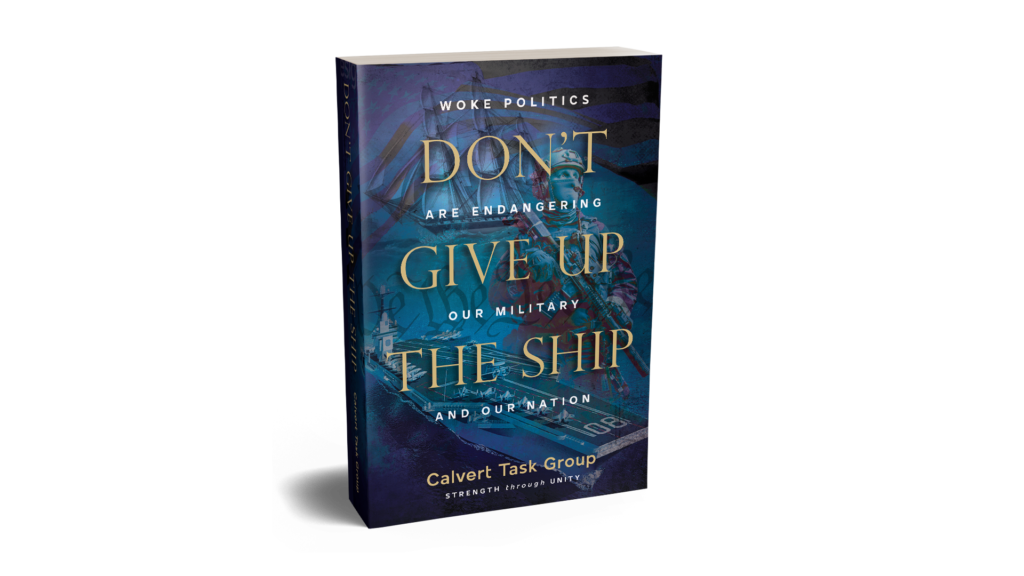U.S.-China Economic and Security Review Commission
13 June 2024 2024-06-13 19:28U.S.-China Economic and Security Review Commission
By Capt. Brent Ramsey, US Navy, ret
To its lasting credit, the Congress in 2000 was ahead of its time. In a bipartisan effort, it passed into law the permanent creation of the U.S.-China Economic and Security Review Commission as part of the FY 2000 National Defense Authorization Act.
The House passed the bill by a margin of 353-63, and the Senate passed it by a margin of 97-3. Twenty-four years ago, our Congress, on both sides of the aisle, had the wisdom to recognize the threat posed by China to the interests of the U.S. and the world order.
The commission was created “with the legislative mandate to monitor, investigate, and submit to Congress an annual report on the national security implications of the bilateral trade and economic relationship between the United States and the People’s Republic of China (PRC), and to provide recommendations, where appropriate, to Congress for legislative and administrative actions.”
The U.S.-China Economic and Security Review Commission website contains vital information for those concerned about our future.
For decades, the bipartisan commission has documented in exquisite detail the preparations the PRC is making to dominate the world. The typical annual report runs to 600+ pages of detail on what the PRC is doing to dominate militarily and economically. The two elements of Chinese power are inseparable.
Areas of study for the commission that are particularly germane to the issue of the PRC’s military power are (some quotes truncated for the sake of brevity):
“The portion of trade in goods and services with the U.S. that the PRC dedicates to military systems or systems of a dual nature that could be used for military purposes.”
“The acquisition by the PRC of advanced military or dual-use technologies from the U.S. by trade (including procurement) and other technology transfers, especially those transfers, if any, that contribute to the proliferation of weapons of mass destruction or their delivery systems, or that undermine international agreements or U.S. laws with respect to nonproliferation.”
“Any transfers … to the military systems of the PRC made by U.S. firms and U.S.-based multinational corporations.”
“An analysis of the statements and writing of the PRC’s officials and officially-sanctioned writings that bear on the intentions, if any, of the Government of the PRC regarding the pursuit of military competition with, and leverage over, or cooperation with, the United States and the Asian allies of the United States.”
“The military actions taken by the Government of the PRC during the preceding year that bear on the national security of the U.S. and the regional stability of the Asian allies of the U.S.”
“The extent to which the trade surplus of the PRC with the U.S. enhances the military budget of the PRC.”
“An overall assessment of the state of the security challenges presented by the PRC to the US and whether the security challenges are increasing or decreasing from previous years.”
So, what has the commission learned about China in the ensuing years?
In a nutshell, everything that China does has a military purpose. The Chinese economy and its military objectives are completely intertwined.
In China, there is no private sector that exclusively serves its own purposes; everything in China serves the state.
The military and the economy are inextricably intertwined. Corporations bow to the needs of the military and the state.
The purpose of the economy is not to improve the standard of living for Chinese citizens; the purpose is to strengthen China militarily to the point that it can dominate the world, including the United States.
Readers are encouraged to read the 2023 Executive Summary.
Here are some concerning highlights from the Executive Summary:
“The rivalry between the U.S. and China was intensifying.”
“The new normal is one of continuing, long-term strategic and systemic competition.”
“Beijing continues to reject cooperation with the U.S. on fundamental questions of national security, economics or trade.”
“Beijing, in a continuing and deepening effort to challenge the existing international order, seeks to create a new one that will be aligned against the U.S. and its democratic allies in Europe, Asia, and elsewhere.”
“China continues to pour resources into its unprecedented military buildup. The People’s Liberation Army places particular emphasis on achieving technological breakthroughs in missiles, space, undersea warfare, and artificial intelligence, among other areas, in hopes that these might enable it to deter or defeat the forces of the United States and its allies.”
“The CCP regime has also become more aggressive in attempting to persuade or coerce others into accepting its own antidemocratic definition of legal concepts and in trying to enforce its own laws on foreign soil, such as through the establishment of illegal, covert ‘police stations’ in other countries, including the United States. Its espionage activities have continued unabated. In 2023, the CCP regime continued the methodical and ruthless destruction of Hong Kong’s once-vibrant civil society, completing its transformation into a Chinese — rather than an international — city.”
“China continues to ramp up pressure on Taiwan, seeking to increase its diplomatic isolation and to impose economic costs. Beijing’s bellicosity is causing growing concern in Europe as well as in Asia.”
“European governments increasingly recognize that they have a role to play in helping to dissuade China from attacking Taiwan. But the U.S., the EU, and individual nations in both Europe and Asia all need to do much more, in collaboration with one another, to counter China’s aggressive policies overseas and continuing mercantilism at home.”
To be forewarned is to be forearmed.
Despite decades of increasingly glaring warnings about the increase of China’s military power and its intentions to rule the world, the recommendations contained in the 2023 report prove that nothing the U.S. has done in the past has slowed down China from its goal of military and economic domination first of Asia and then the whole world.
If anything, as President Xi Jinping ages, it becomes increasingly more obvious that war is on the horizon. In a few days, Xi Jinping will turn 71. The clock is running down for him to realize his dreams of world domination by the PRC.
The threat from China is growing every day. Citizens must awake to this reality and insist that our nation’s leaders act now to prepare America for the inevitable conflict with China.

